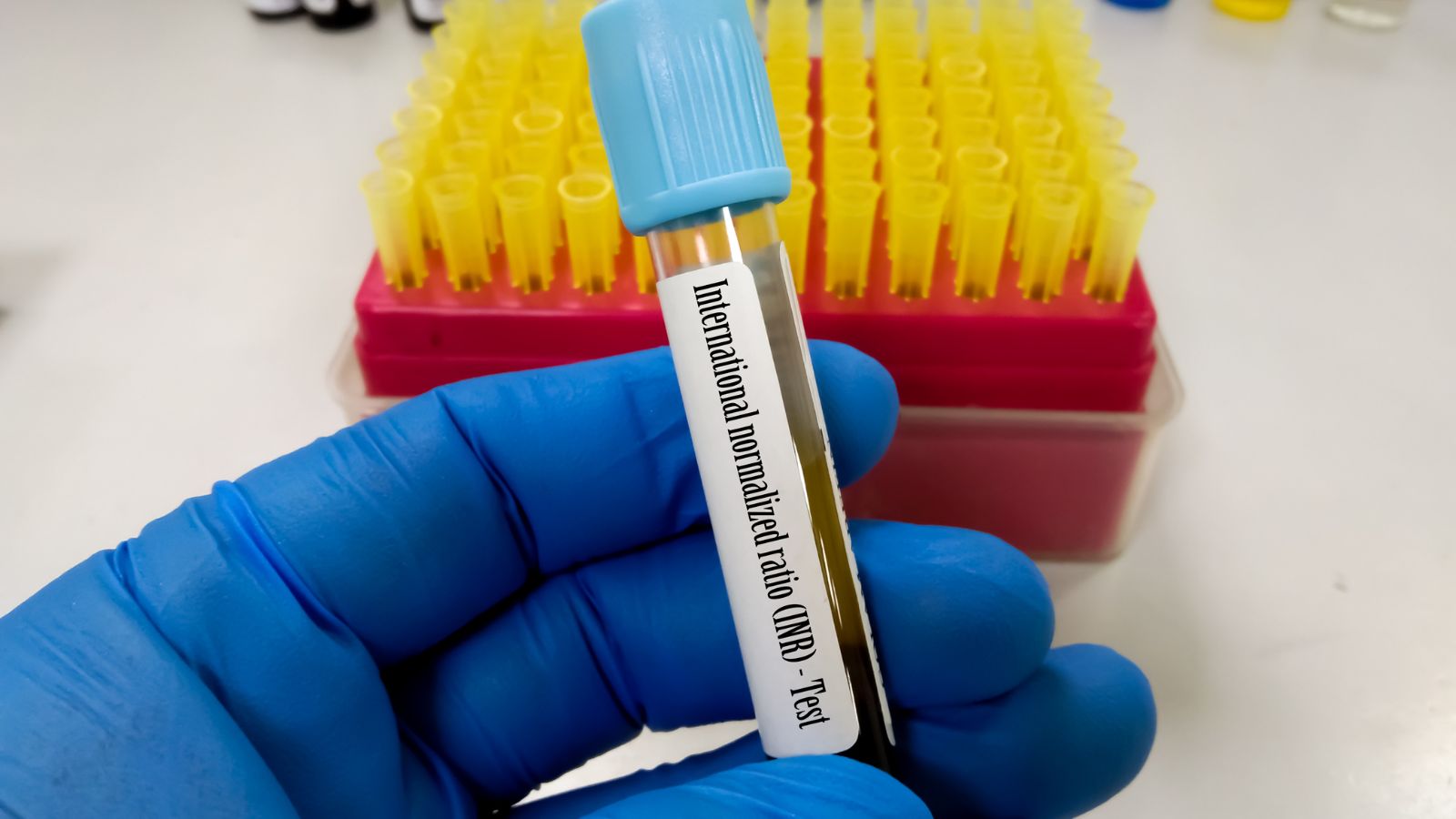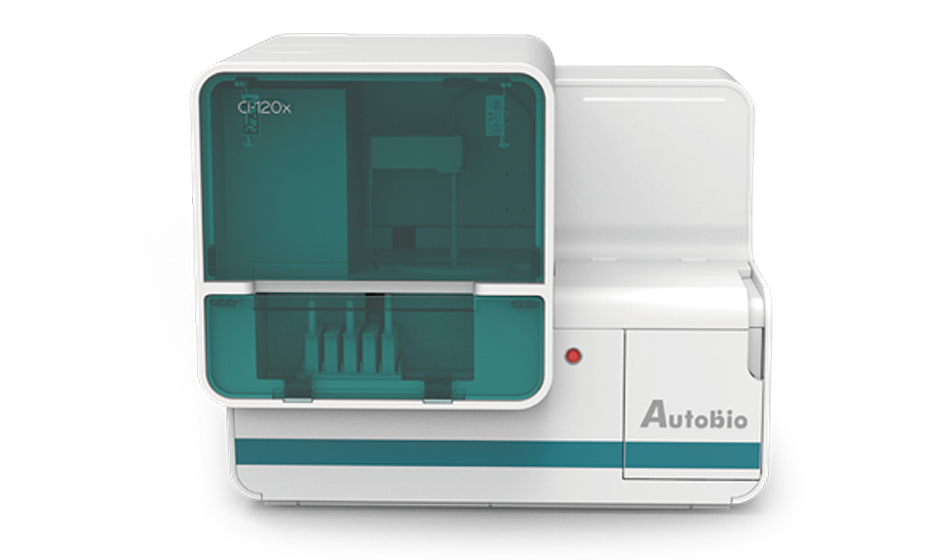
In this article, we will dive deep into the world of coagulation analyzers, uncovering their essential functions, how they work, and why they are indispensable in clinical settings. So, let's start with the basics and work our way to more advanced concepts.

A coagulation analyzer is a medical device used in laboratories to test and measure the clotting ability of blood. This specialized piece of equipment helps clinicians determine how well a patient's blood is clotting, a critical factor for diagnosing and managing conditions like hemophilia, deep vein thrombosis (DVT), and other bleeding disorders.
These analyzers are designed to carry out various coagulation tests such as prothrombin time (PT), activated partial thromboplastin time (aPTT), and international normalized ratio (INR), all of which provide vital information about the body's ability to form clots and stop bleeding.
Coagulation analyzers are typically used in hospitals, clinics, and medical laboratories for a broad range of clinical purposes. They can be categorized into benchtop analyzers (used in larger labs) and point-of-care devices (portable versions used in clinics or at the patient's bedside).
A coagulation analyzer is a specialized piece of equipment used in medical laboratories to test and measure the blood's clotting ability. It helps clinicians determine if blood clotting is normal, assisting in diagnosing bleeding disorders. If you're looking for a high-quality coagulation analyzer, check out Autobio product [Ci-120x], which excels in accuracy and reliability.
A coagulation machine (also known as a blood coagulation analyzer) is primarily used to assess the clotting capacity of blood, which is essential for diagnosing various blood disorders. But what exactly is the machine used for? Let's break it down:
These machines ensure that health professionals can obtain timely and accurate results, enabling them to make informed decisions regarding treatment plans and interventions.
The test for coagulation refers to a series of laboratory tests that assess how well your blood is clotting. The key tests involved are:
Each of these tests can be performed using a coagulation analyzer, which ensures that the results are not only fast but also accurate.
Coagulation analysis is a process that involves performing several tests to evaluate how well blood is clotting. This comprehensive analysis is essential for identifying and managing coagulation disorders and bleeding disorders. By performing a coagulation analysis, healthcare providers can determine:
The results from coagulation analysis provide clinicians with valuable insights that guide medical decisions regarding treatments, including adjusting the dosage of anticoagulants or recommending additional testing or interventions.
The principle behind a coagulation machine lies in its ability to measure the blood's clotting ability. The key to understanding how these machines work is to grasp the coagulation cascade, which is a series of steps that occur when blood begins to clot.
1. Initiation Phase: When a blood vessel is injured, tissue factors are released, triggering the first phase of coagulation.
2. Amplification Phase: Clotting factors activate each other in a domino effect, eventually forming a clotting complex.
3. Propagation Phase: More clotting factors are activated, resulting in the formation of fibrin threads that stabilize the clot.
Coagulation machines simulate these steps in a controlled environment. They measure the time it takes for clotting to occur, allowing the machine to report test results like PT, aPTT, and INR. This process is automated, ensuring consistency and accuracy with minimal human intervention.
Coagulation monitoring is a vital part of patient care, especially for those undergoing anticoagulant therapy or with conditions that affect blood clotting ability. This process involves regularly testing blood clotting times to ensure the patient's blood is in the desired therapeutic range.
Coagulation monitoring is particularly important for:
Regular coagulation monitoring is critical for adjusting treatment plans and avoiding adverse effects. Coagulation analyzers allow clinicians to perform these tests accurately and efficiently, enabling timely interventions when necessary.
In today's medical world, the use of coagulation analyzers is indispensable for diagnosing, monitoring, and managing clotting disorders. Whether it is assessing a patient's risk of bleeding, evaluating the effectiveness of anticoagulant therapy, or preparing for surgery, these machines provide vital information that supports effective treatment decisions.
As a manufacturer of coagulation analyzers, Autobio understands the significance of providing high-quality machines that deliver accurate results, speed, and reliability. With technological advancements, Autobio's coagulation analyzers have become increasingly sophisticated, offering faster results and more in-depth analysis, helping healthcare professionals deliver better patient care.
If you are looking to implement a reliable blood coagulation analyzer in your facility, consider your practice's specific needs and the types of tests you require. By choosing Autobio, you are investing in cutting-edge technology that ensures your patients receive the best care possible while providing you with the tools you need to master the art of blood analysis.